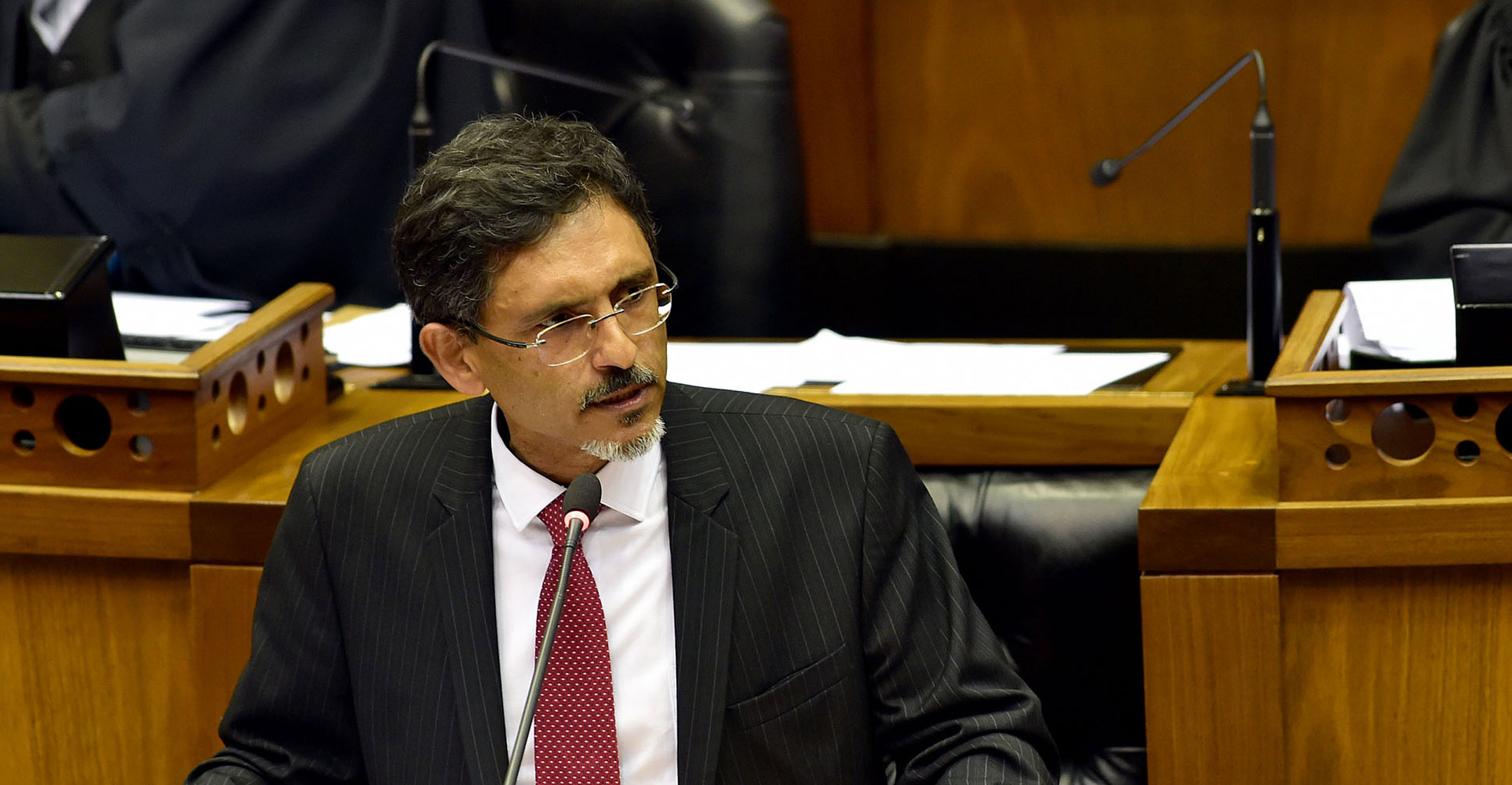
Economic development minister Ebrahim Patel said in a speech in parliament on Monday that interventions by government will ensure that data prices will fall as this is key to underpinning South Africa’s efforts to deal with the disruption and opportunities caused by the advent of the so-called “fourth industrial revolution”.
“We will bring down the cost of data through the competition market inquiry into data services,” Patel said. The Competition Commission launched the market inquiry in August 2017 to determine what may cause high data prices and what interventions might be necessary to bring them down.
“The commission has initiated the inquiry because it believes there are features in this market that prevent, distort or restrict competition within the sector,” it said in a statement at the time. Patel requested the commission to conduct the inquiry.
The minister said on Monday that government will finalise “the release of new spectrum and complete digital migration” of analogue television broadcasts. “We will conclude key policies, including the entry of cross-border e-commerce in South Africa,” he added.
The main objectives of the Competition Commission inquiry are to:
- Obtain a clear understanding of the data services value chain, including the interaction and commercial relationship between different levels of the value chain and the relationship with other parts of the ICT sector and the broader economy;
- Assess the state of competition in the market at every stage of the value chain for provision of data services to identify areas of market power where consumers may be exploited or excluded by firms and to identify any other structural, behavioural or regulatory factors that may influence competition or pricing;
- Benchmark South African data services pricing against those of other countries; and
- Establish whether data supply quality and coverage are adequate by international standards and the country’s developmental needs.
Among other things, the inquiry has been tasked with assessing the market structure; the general adequacy and impact of the current regulatory regime; strategic behaviour by large fixed and mobile incumbents; costs faced and profits earned by fixed and mobile network operators; current arrangements for sharing of network infrastructure; investment in infrastructure by operators and access to and allocation of spectrum as they relate to data services pricing and competition concerns; and the adequacy of regulation to promote new South African entrants (particularly historically disadvantaged individuals).
Partnerships
Addressing parliament, Patel said government will finalise the country’s strategy on the fourth industrial revolution and expand partnerships with the private sector, universities and research institutions.
He said new technologies will be disruptive in the workplace and in society. “They can create new digital divides in and between countries. But they also present enormous potential benefits, and, properly steered, we can harness technology to our developmental goals and in the service of our people. We should not focus on building a 20th-century economy when competitors are building the economy of the future.”
Patel said government will develop a skills framework for “the new jobs of the future and a social plan to address the disruptions to labour markets and workplaces that flows from new technologies”.
“We will invest in R&D to create the intellectual property base for our economy to benefit from the potential of these new technologies and provide funding for venture capital projects involved in these new technologies. And we will bring down the cost of data through the competition market inquiry into data services.
“To drive this process and drive the wider partnership we need in society, we will work with the digital industrial revolution commission and, through the office of the speaker, we are arranging a session to brief parliament on the work undertaken on the implications of the fourth industrial revolution.” — © 2018 NewsCentral Media




